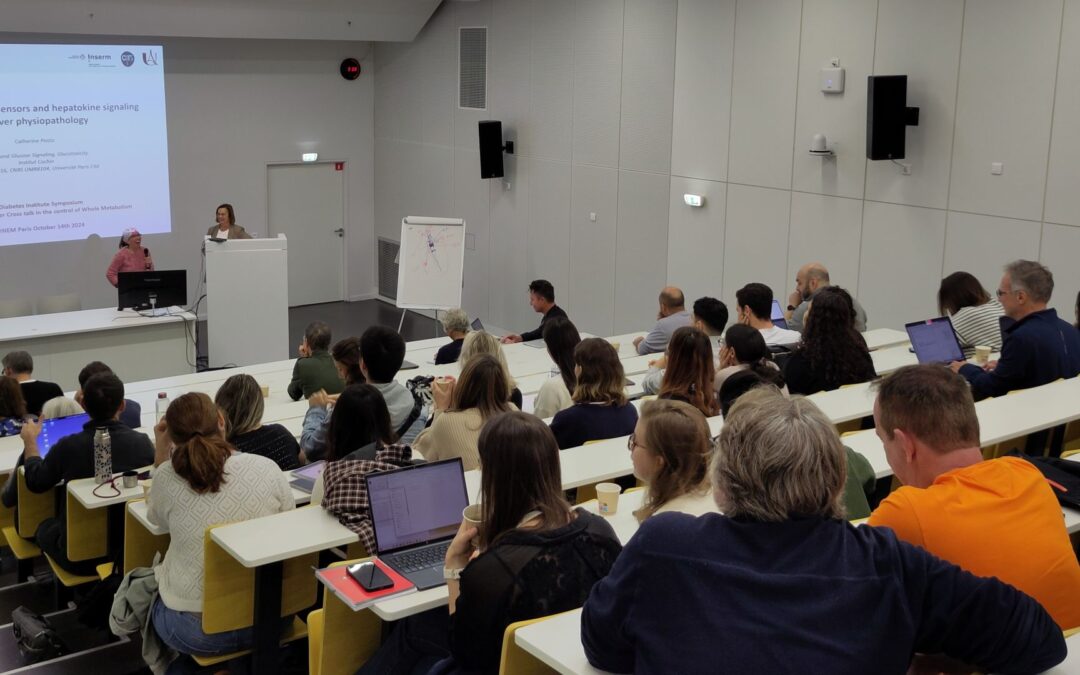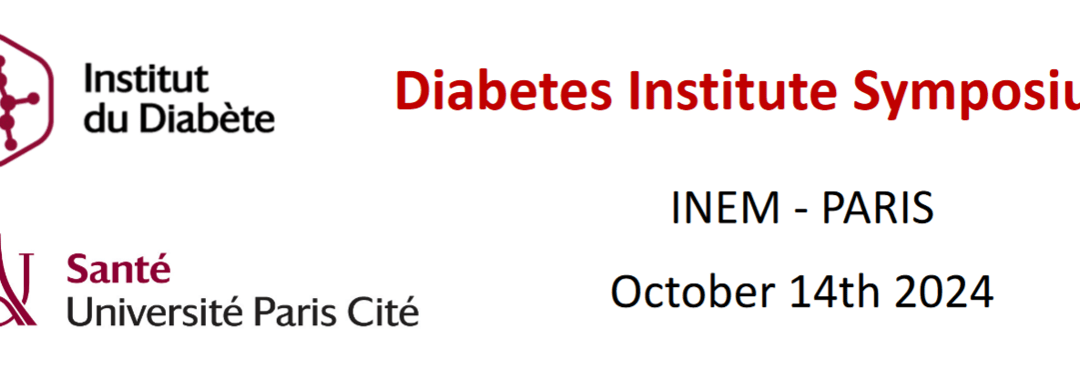Functional Pharmacology and Pathophysiology of Membrane Receptors
PI: Ralf Jockers
We are particularly focusing our research on two membrane receptor families, the G protein-coupled receptor (GPCR) family and the cytokine receptor family to which the leptin receptor belongs. Among the various GPCRs studied the group has a major expertise on the melatonin receptor sub-family.
We are employing cutting-edge biochemical, pharmacological, endocrinological and proteomic approaches to understand the function of these receptors and evaluate their therapeutic potential by developing innovative techniques such as Bioluminescence Resonance Energy Transfer (BRET), Time-Resolved Fluorescence Resonance Energy Transfer (TR-FRET) and enzyme complementation. These methods are complemented with the investigation of knock-out and knock-in mouse models.
We are an international team of scientists coming from coming from all over the world. Established relationships with industrial partners allow the fast translation of our research results.
Read more

Post Doctoral Position
Fully funded 2-year Post-doctoral position in the team of Dr. Ralf JOCKERS, at Institute Cochin

2024 Scientific Annual Day of the Diabetes institute
On Monday, October 14th, the annual Diabetes Institute Scientific Day took place, bringing together around 100 participants at the INEM. Opening of the Annual Scientific Day of the Diabetes Institute Maude LE GALL - Co-Director of the institute (left) Catherine POSTIC...

Diabetes Institute scientific day
The overall goal of this Diabetes Institute scientific day is to provide the most important and up-to-date research in the field of metabolism made at University Paris Cité. The workshop will focus on understanding the recent progress in adipose tissue and liver biology including metabolic and inflammatory processes in the control of the energy homeostasis. Special emphasis will be done to highlight the importance of the organ crosstalk and how signaling pathways in one tissue could affect the metabolism in other tissue.

Les jeunes de l’IHM seront à l’EASD
L’IHM Diabète est heureux d’aider les jeunes à participer à l’EASD en leur attribuant une bourse de 1000€
Rendez-vous en Septembre à Madrid !
